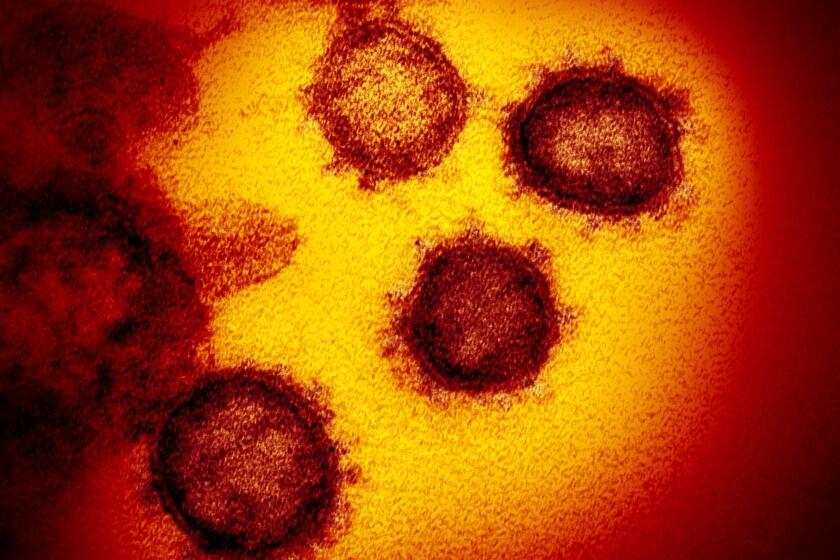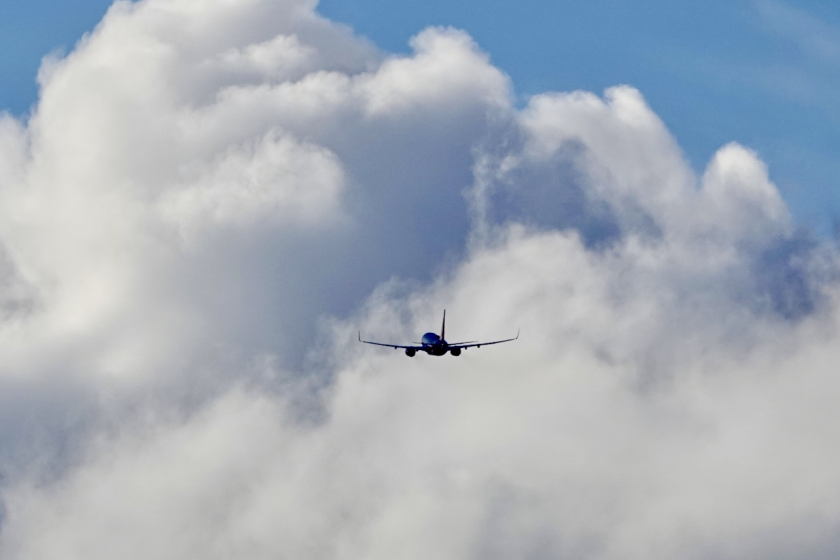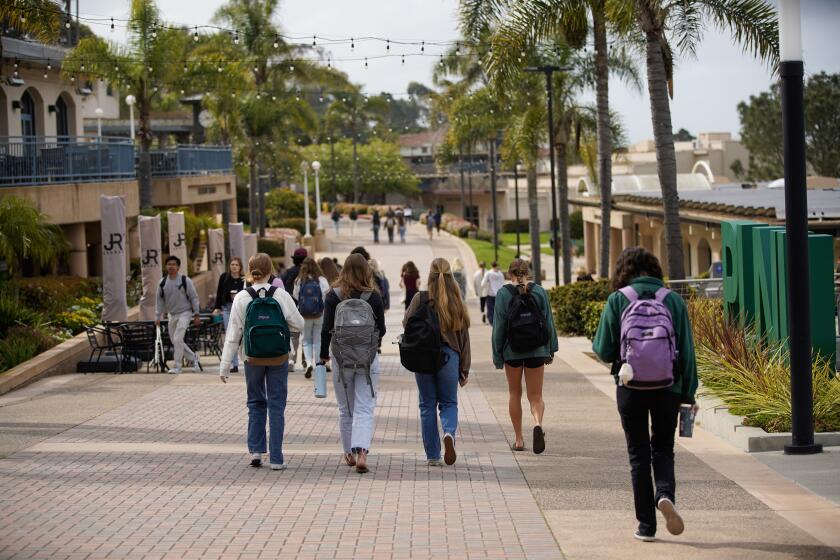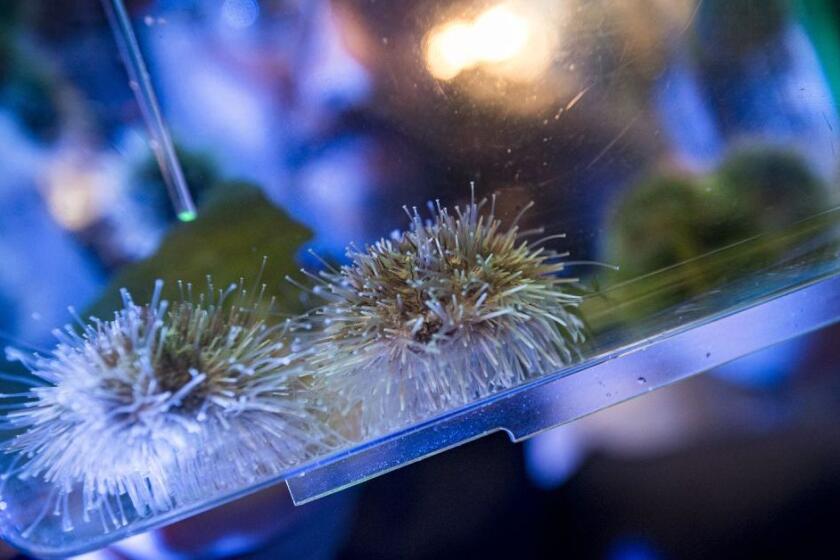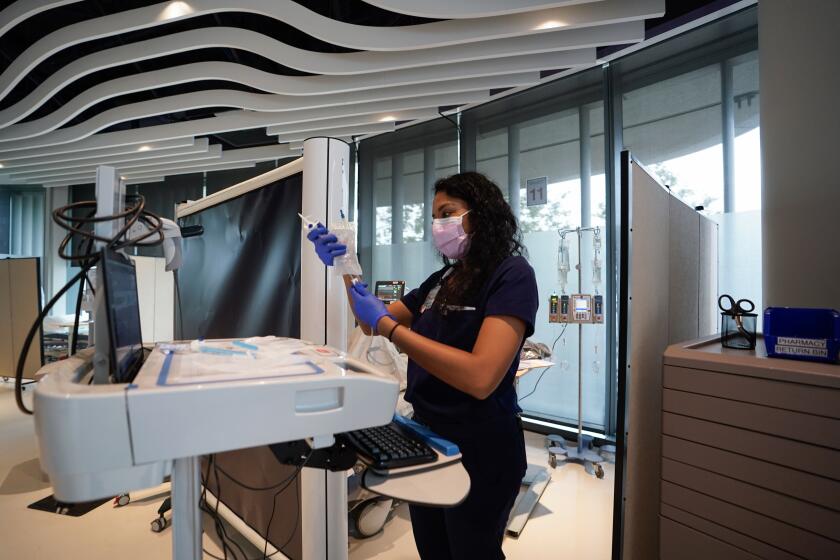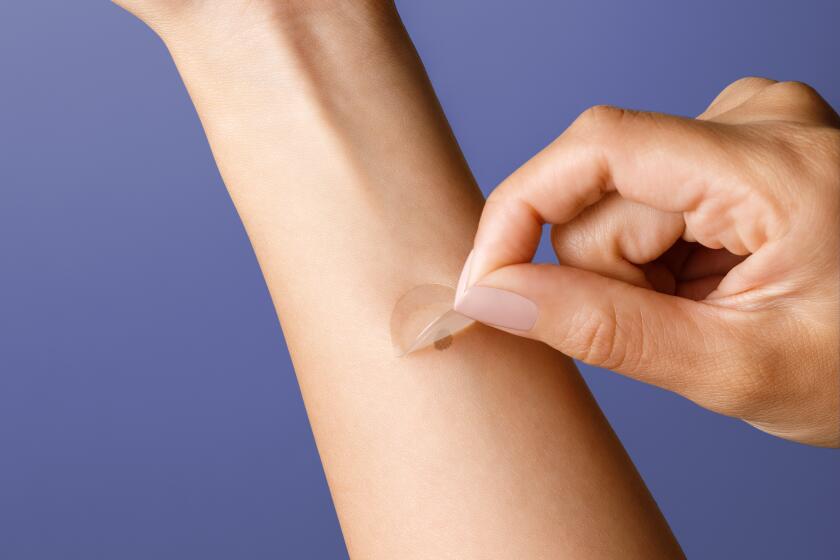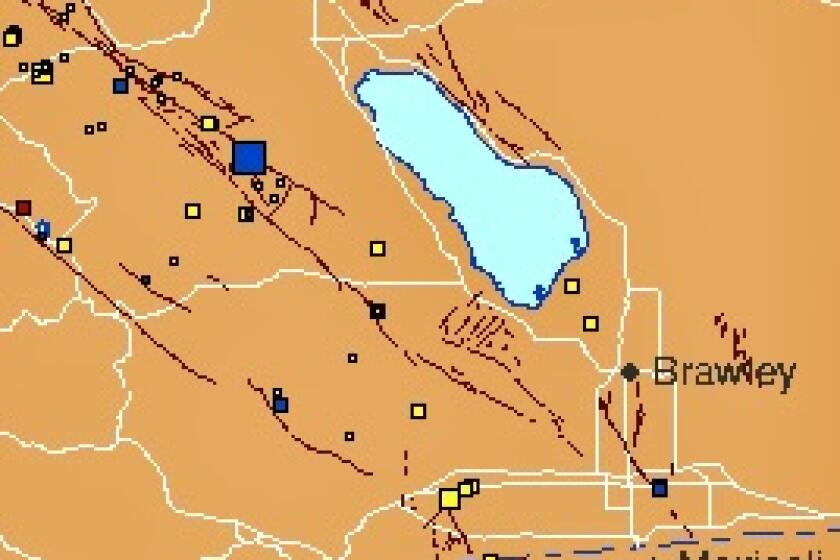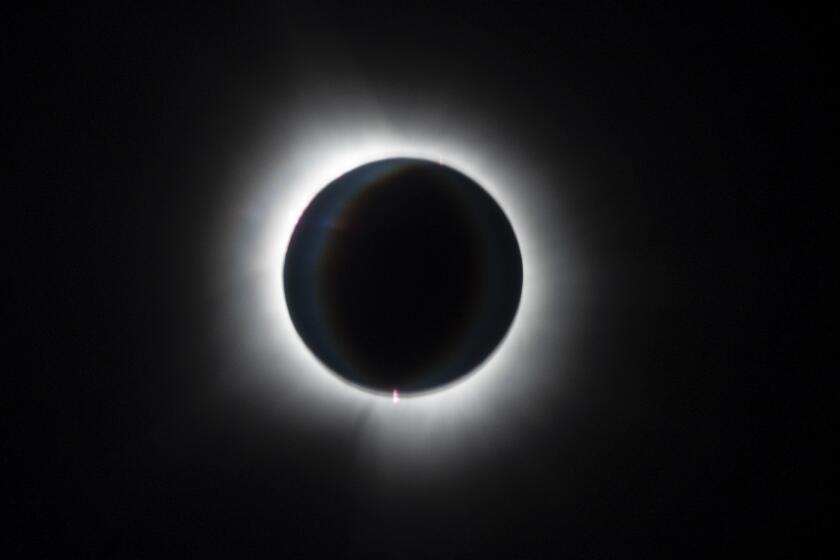UC San Diego developing a facemask sensor that detects the novel coronavirus
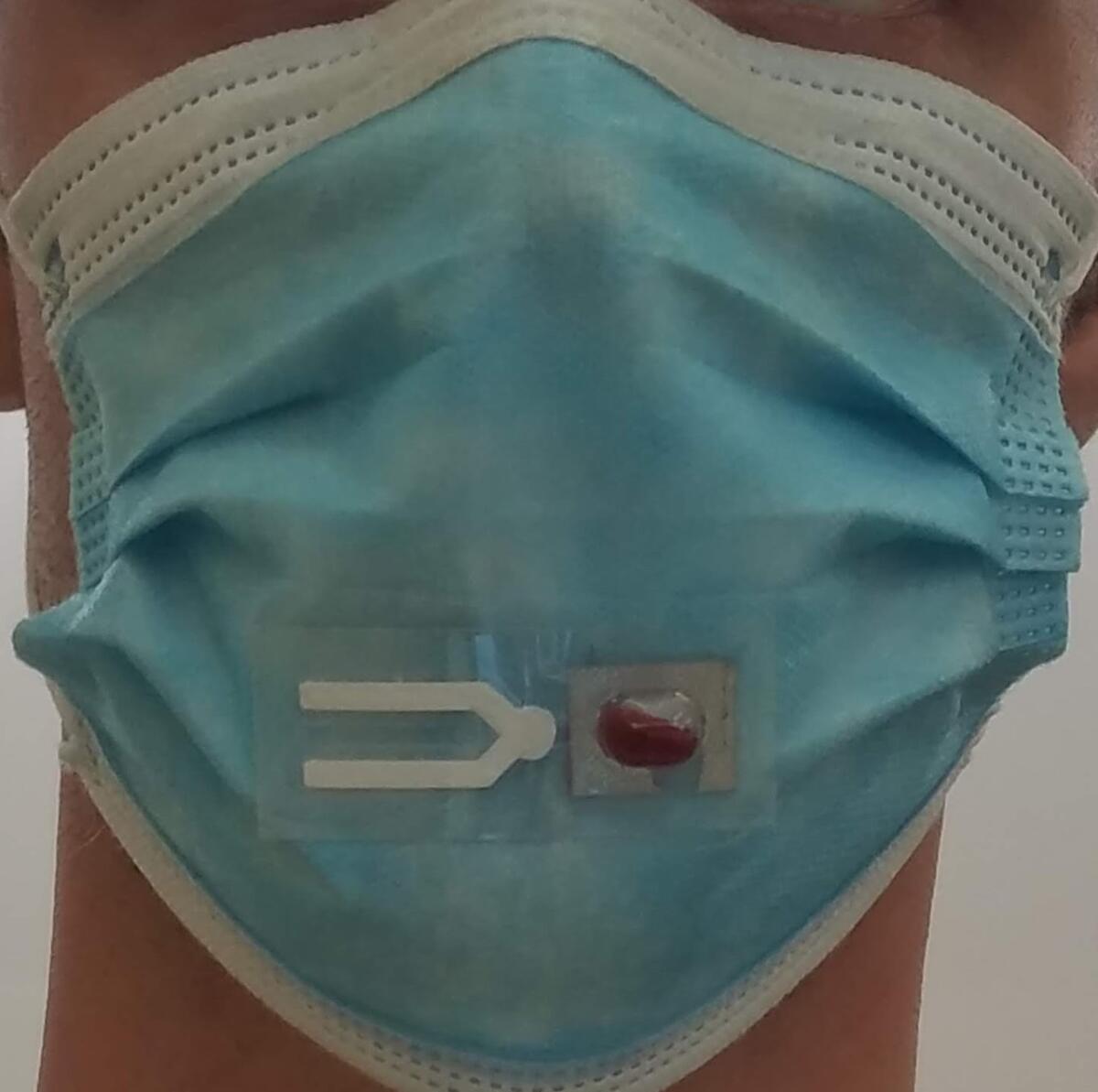
The test strip will help determine if the wearer has the disease or has been exposed to it
The National Institutes of Health has awarded UC San Diego $1.3 million to develop a small, wearable sensor that can tell whether a person has the novel coronavirus or has been exposed to it by someone else.
The lightweight sensor would be attached to facemasks to monitor for the presence of coronavirus-related molecules that appear in a person’s breath and saliva.
The “surveillance” test strip also would detect virus molecules expelled by someone else and possibly inhaled by the user of the mask.
The user would squeeze the sensor to see if it turns color, denoting a positive reading. The process is similar to the one used to check results in a home pregnancy test.
If there’s a positive reading, the facemask user would then get a test to confirm the infection. The result would be available almost immediately. The sensor also is meant to be useful in contact tracing.
“This would be a way of identifying outbreaks early,” said Jesse Jokerst, the UCSD nanoengineering professor who is leading the project. “We’re repurposing something that people are already wearing to sort of monitor the environment.”
The new variant has been showing up throughout the state, including San Diego County
The test strip, which could be ready for use later this year, is a variation of things that UCSD is already doing to detect and stop the spread of the coronavirus.
Last fall, the university began placing sensors in its waste water system to monitor for the presence of the virus in sewage coming out of specific buildings. When there’s a positive reading, UCSD alerts people who might have been using the buildings at specific times and asks them to get a COVID-19 test.
The early-warning system is the largest of its kind at an American university and is likely to be in use for quite a while. Although UCSD has taken many steps to slow the spread of the virus, the campus has experienced a surge in infections since the winter quarter began on January 4. The school says 311 students have tested positive for the virus. More than 40 percent of the students who tested positive live on campus. UCSD also reports that 87 of its employees have tested positive.
Get Essential San Diego, weekday mornings
Get top headlines from the Union-Tribune in your inbox weekday mornings, including top news, local, sports, business, entertainment and opinion.
You may occasionally receive promotional content from the San Diego Union-Tribune.
